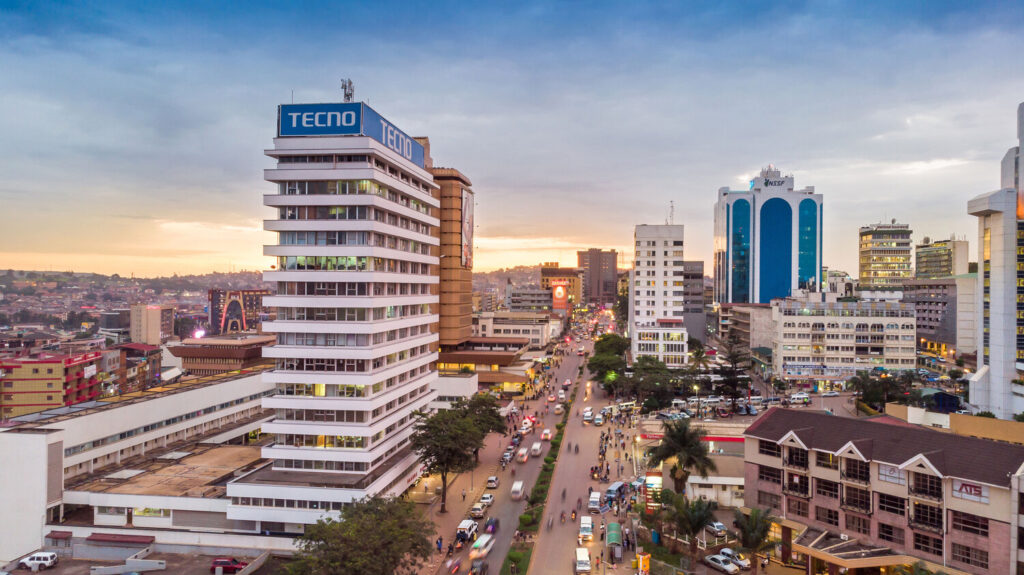
In the ever-expanding realm of urbanization, the challenge of how to ensure water and sanitation infrastructure keeps pace with the surging tide of population growth. As over half of the global population now calls urban areas home, the strains on these essential services become more evident, requiring innovative solutions to secure a sustainable future.
The United Nations paints a vivid picture of the future, estimating a staggering 9.8 billion people populating our planet by 2050, the majority residing in urban landscapes. This unprecedented growth brings forth the pressing need for a paradigm shift in providing water and sanitation facilities that can adequately cater to burgeoning communities.
The impact of urbanization and population expansion ripples through the very veins of infrastructure and water systems. Aging pipes struggle to bear the weight of the growing populace, necessitating upgrades to meet the rising demand whereas treatment facilities, once advocates of sanitation, now require modernization to effectively manage the growing population. Consequently, the strain on delivering reliable water and sewerage services to communities becomes palpable.
Yet, challenges present opportunities. Development, while posing hurdles, calls for innovative strategies to overcome them. So to speak, investing in modern infrastructure, promoting water conservation practices, and establishing accessible handwashing sites and waste disposal bins are crucial steps toward building resilient communities.
Community engagement can also be seen as a linchpin in this endeavor. Enlisting the active participation of residents in water preservation efforts becomes paramount, and the onus is on us to foster a collective responsibility towards sustainable water practices, aligning with the needs of a growing urban society.
As the population swells, so does the environmental impact. Mismanaged waste poses a threat to water sources, becoming a catalyst for health risks within the community. Meanwhile, unchecked urbanization contributes to deforestation and environmental degradation, altering the delicate balance of our surroundings.
Tin this case then, the call to action is a collaborative effort involving the government, private sector, and communities to forge alliances to tackle the challenges arising from urbanization, ensuring a harmonious coexistence between people and their environment.


